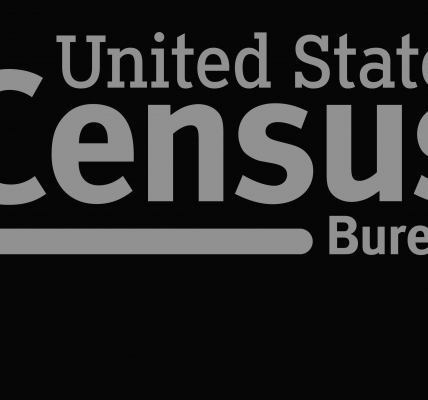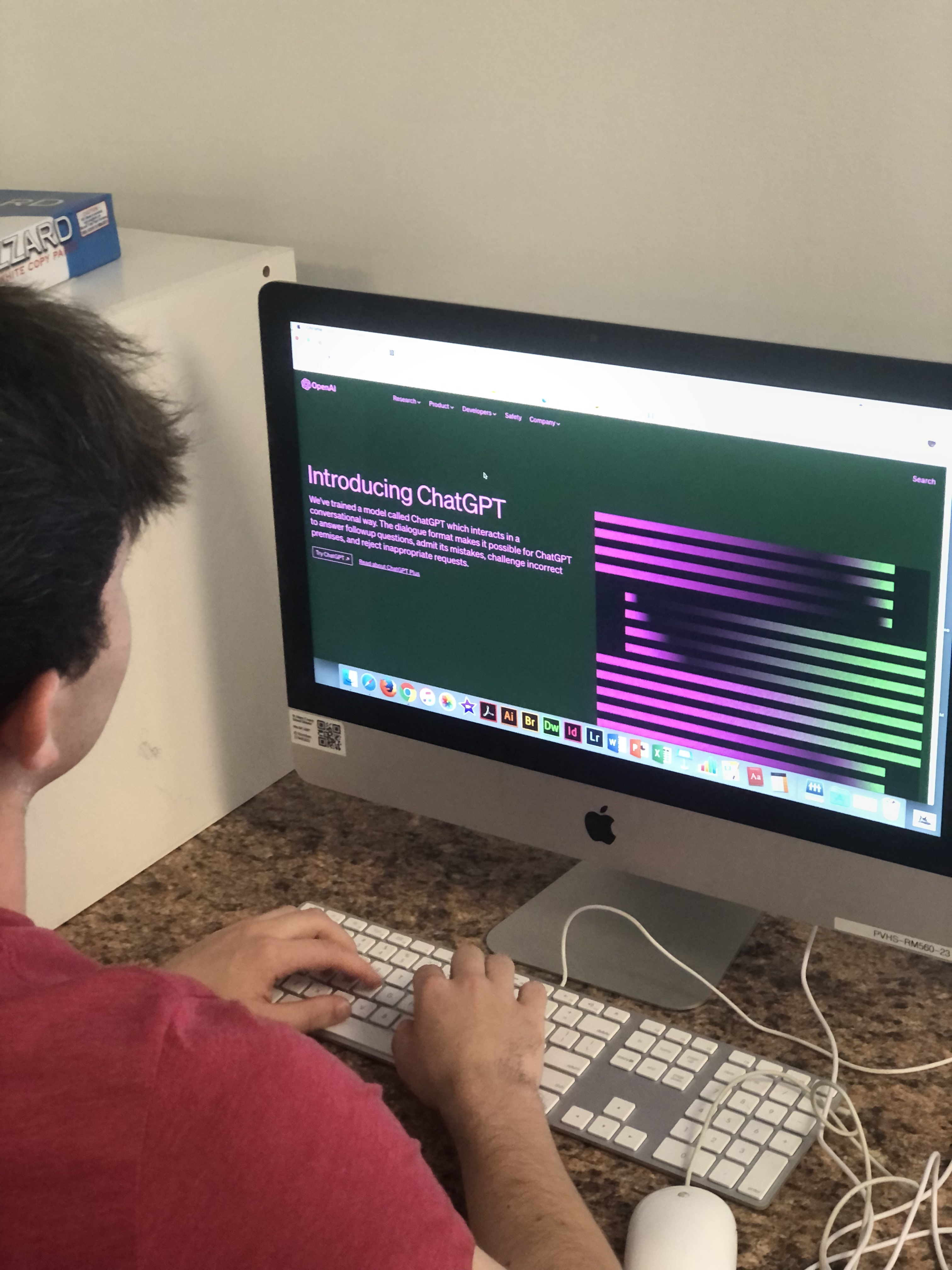By Leila Wickliffe
Tensions between Taiwan and China are at a height that hasn’t been seen in 40 years. China’s president, Xi Jinping, announced that he would work towards peaceful reunification with Taiwan. Xi declared, “Those who forget their heritage, betray their motherland and seek to split the country will come to no good.” For the past year, Taiwan has complained about China’s air force frequent missions near the self-ruled island. China has not ruled out military force to unify Taiwan to China. Taiwanese officials say that China’s actions threaten regional stability. Tsai Ing-Wen, Taiwan’s president, called for other democratic countries in the region to aid them in the event of a Chinese attack. “When authoritarian regimes demonstrate expansionist tendencies, democratic countries should come together to stand against them. Taiwan is on the front lines,” Tsai said and confirmed that US troops were on the island to help Taiwan’s defense ability.
Recently, however, President Joe Biden has told CNN that if China were to attack that the US would defend Taiwan. “Yes, we have a commitment to do that,” he reported. This is not the first time he as affirmed that the US would defend Taiwan. Antony Blinken, the US Secretary of State, called for the United Nations to formally recognize Taiwan and its independent participation in international organizations like the World Health Organization. “Taiwan has no right to join the United Nations,” Ma Xiaoguang, spokesperson for Taiwan Affairs Office in Beijing, said in response to Blinken’s statement. Other Chinese officials have also slammed Blinken’s statement. Wang Wenbin, a Foreign Ministry spokesperson, warned, “The US should not underestimate the strong determination of the Chinese people to defend national sovereignty and territorial integrity.” Wang also threatened that if any country tried to challenge China and their policies opponents will suffer.
Since 1949, Taiwan has enjoyed freedom since the Nationalist party fled to the island after the Chinese civil war. However, Beijing maintains that Taiwan is a Chinese province despite the fact that the Chinese Communist Party has never governed Taiwan. The new director of the American Institute in Taiwan, Sandra Oudkirk, assured at a news conference that the United States is committed to Taiwan stating, “The value of our partnership and our support for Taiwan is rock solid. We are committed to deepening our ties with Taiwan.” In 1979, The US changed diplomatic recognition from the Nationalist Party based in Taipei to the Communist Party in Beijing. According to the US Department of State, the US government recognizes that Taiwan is a part of China, but through the Taiwan Relations Act allows for the United States to maintain unofficial relations with Taiwan and avoiding unilateral relations with either country.
At this point, the United States has used the policy of “strategic ambiguity.” The reasoning behind this policy is to ward off further Chinese militarization that is aimed to take the island, and to discourage Taiwan from declaring independence. If Taiwan took the step to announce independence, it could cause crisis for the island with the mainland. For now, it appears that the US will continue to follow China’s “One-China” policy and recognize Taiwan as a province in China, despite promises to defend the self-governed island from China.





